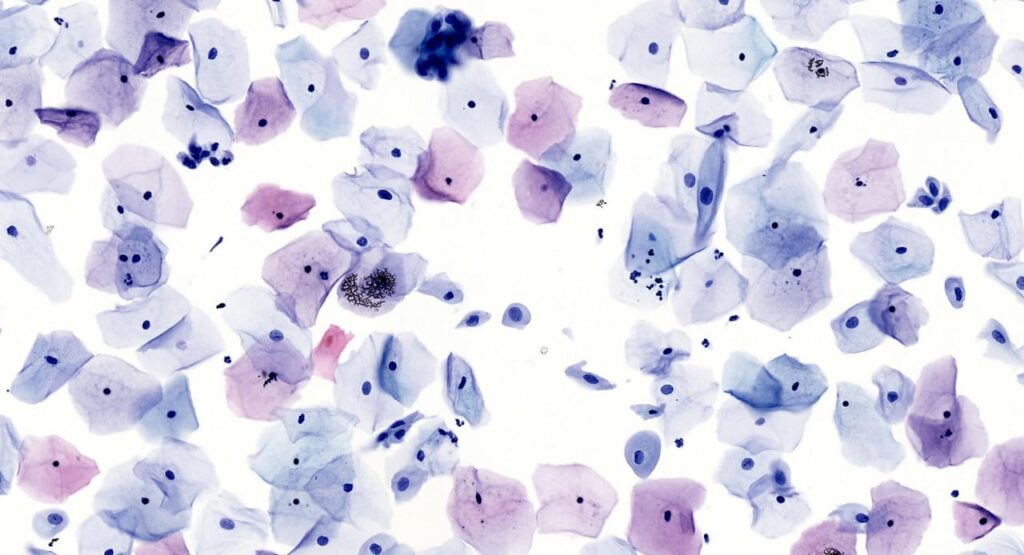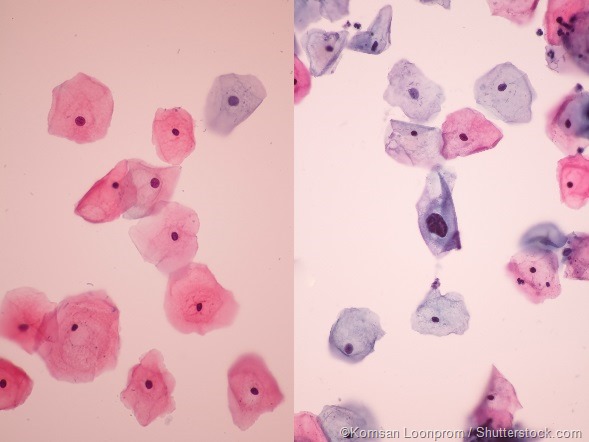
Cytology is the branch of biology that deals with the study of cells, their structure, function, and behavior. It encompasses various techniques and methodologies to investigate the properties of cells, including their morphology, biochemistry, and interactions with their environment.
Cytology plays a crucial role in understanding the fundamental aspects of life, as cells are the building blocks of all living organisms. It helps scientists and researchers gain insights into cellular processes, cellular organization, and the mechanisms underlying various biological functions.

Some key areas of study in cytology include:
- Cell Structure: Cytologists study the structure and components of cells, including the cell membrane, nucleus, organelles (such as mitochondria, endoplasmic reticulum, and Golgi apparatus), and cytoplasm. They explore the functions and interactions of these cellular components.
- Cell Function: Cytology investigates the biochemical and physiological processes that occur within cells, such as cellular respiration, protein synthesis, cell division, and signaling pathways. Understanding these processes helps in comprehending how cells function and how they contribute to the overall functioning of organisms.
- Cell Development and Differentiation: Cytologists study how cells differentiate and specialize during embryonic development and tissue formation. They investigate the mechanisms that govern cell fate determination, including cell signaling, gene expression, and epigenetic regulation.
- Cell Interactions: Cytology explores how cells communicate and interact with each other and their environment. This includes cell-cell interactions, cell-matrix interactions, and cell signaling processes. Understanding these interactions is crucial for comprehending various biological phenomena, such as immune responses, tissue regeneration, and cancer development.

Cytology utilizes various techniques and tools to study cells, including microscopy, cell staining, cell culture, flow cytometry, and molecular biology techniques like PCR and DNA sequencing. These methods allow cytologists to visualize and analyze cells, their components, and their molecular characteristics.
Cytology has broad applications in various fields, including medicine, genetics, developmental biology, pathology, and biotechnology. It is used for diagnosing diseases, studying genetic disorders, understanding the effects of drugs on cells, and developing new therapeutic strategies.
Overall, cytology provides valuable insights into the fundamental aspects of life at the cellular level and serves as a foundation for advancements in many areas of biological and medical research.

VISIT OUR OFFICE : 5TH FLOOR LE-DESIRE COMPLEX, CIRCULAR ROAD ,LALPUR, RANCHI, JHARKHAND
VISIT OUR WEBSITE FOR MORE INFOMATION HTTPS://ETERNALCAREERCLASSES.COM
FOR TEST SERISE, PREVIOUS YEAR QUESTION PAPER OF NEET AND DPP FROM ALL CHAPTERS ARE AVAILABLE ON ETERNAL RANCHI APP.DIRECT DOWNLOAD FROM QR CODE GIVEN BELOW
